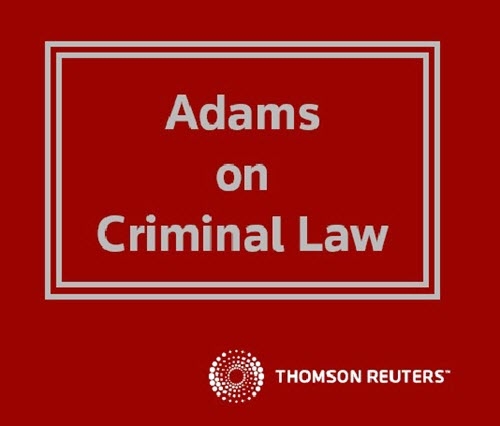Content highlight: Adams – Rights and Powers: Supreme Court ruling on ESOs, PPOs and the Bill of Rights
Chisnall, who had a history of serious sexual offending and a high reoffending risk, was subject to the ESO and PPO regimes and sought declarations that both regimes were inconsistent with the NZBRA 1990.
Winklemann CJ, O'Regan, Williams and Kos JJ found there was inconsistency between s 26(2) of the NZBRA 1990 (which protects against double jeopardy) and the entire PPO regime, but only parts of ESO regime.
The ESO regime was declared to be inconsistent with the Bill of Rights insofar as it authorised the imposition of conditions amounting to detention. This was on the grounds that ESOs were a second punishment for the offending. The non-detention aspects of the ESO regime were accepted to be a reasonable limit on the s 26(2) right.
The Supreme Court ruled the entire PPO regime to be inconsistent with s 26(2) as it constituted detention and was a second penalty for the offence. It was held not to be a justified limit on the right. The Court considered (in light of evidence provided and overseas models) that there were other plausible options that were less rights-intrusive than detention.
Westlaw:
New Zealand Bill of Rights Act 1990, s 4: see [BC4.03(1)], [BC4.04(1)], [BC4.04(2A)]
New Zealand Bill of Rights Act 1990, s 19: see [BC19.04], [BC19.04(2)(e)]
New Zealand Bill of Rights Act 1990, s 20: see [BC20.04(1)]
New Zealand Bill of Rights Act 1990, s 24: see [BC24.08(2)], [BC24.08(6)]
Please see Adams on Criminal Law – What’s New for a complete list of the amended commentary, as well as a list of recent Rights and Powers case law added.
